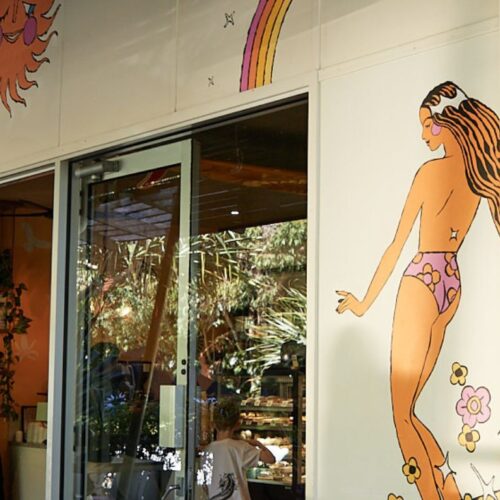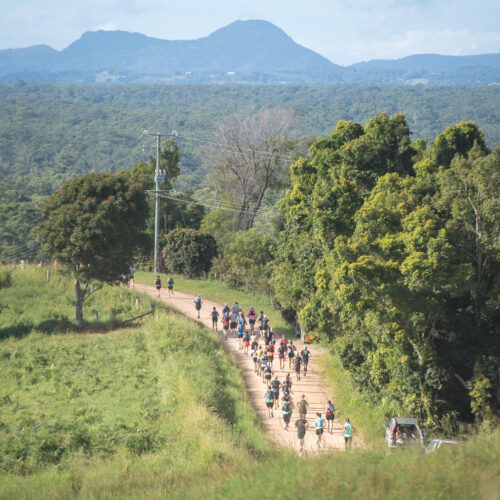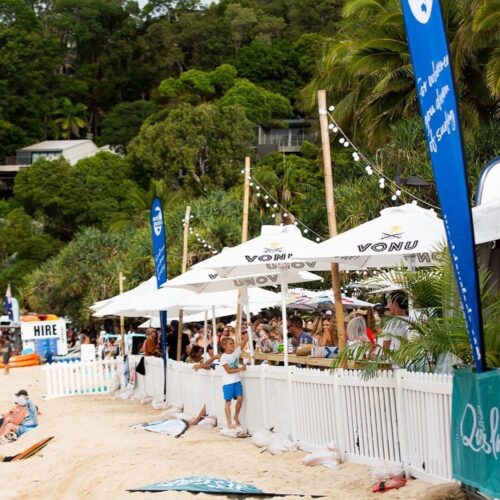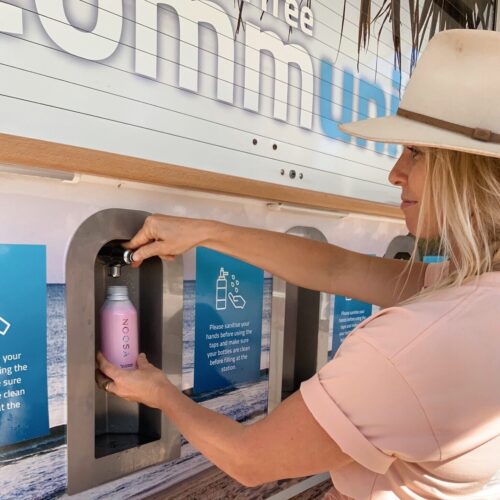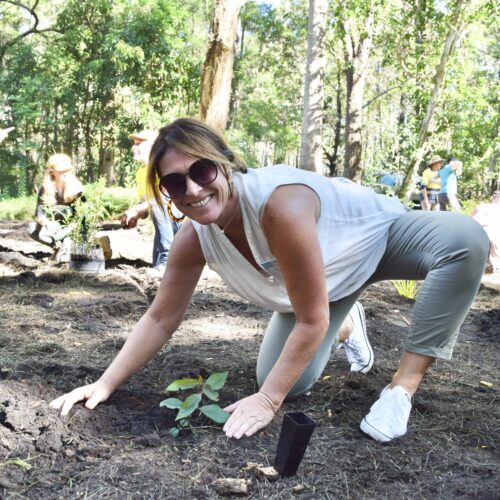1. Water Bottles
We were and still are on a mission to eliminate single-use plastic water bottles
Plastic bottles form a large component of the litter stream. In the marine environment, they have the potential to survive forever. Once there, they begin to fragment into bite size micro-plastics, killing marine life that mistake them for food.
In a developed nation such as Australia, the need for plastic bottled water is extremely low. In this context, the sale and use of single-use bottled water, which inevitably leads to littering, mismanagement and escape into the environment needs to be reduced.
We recommend that all individuals and businesses rethink their consumption of single-use water bottles in favour of reusable alternatives.

